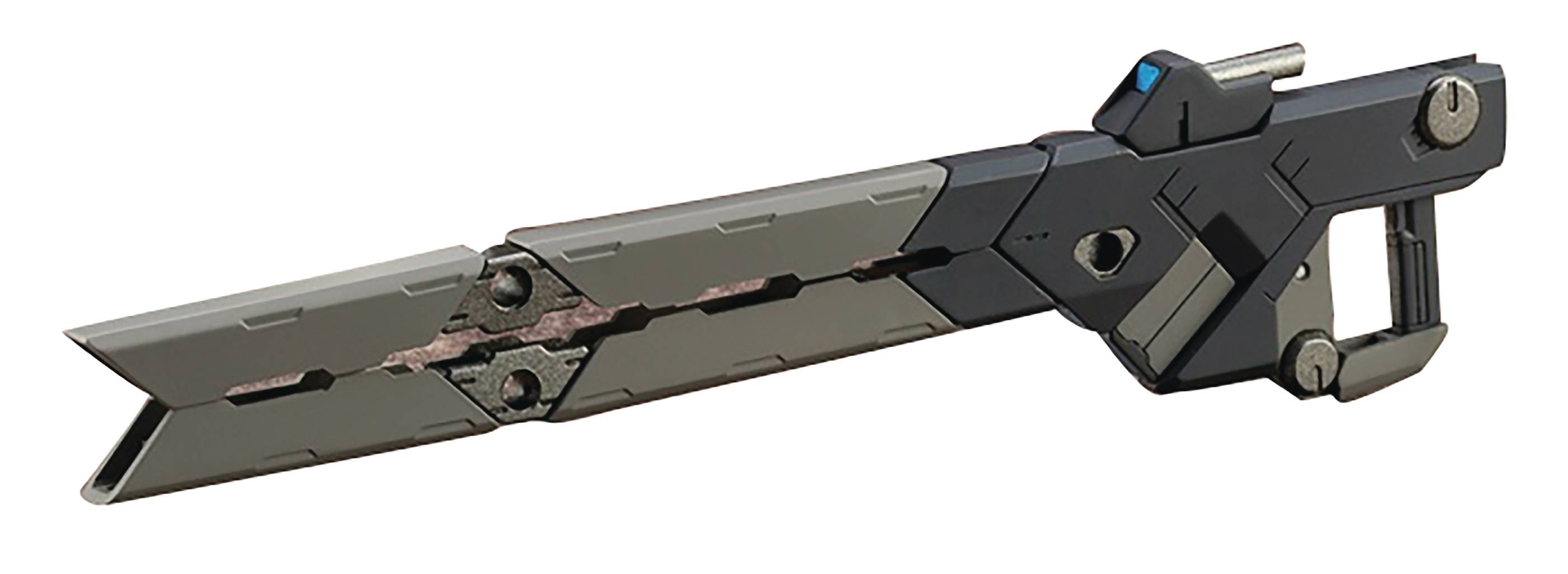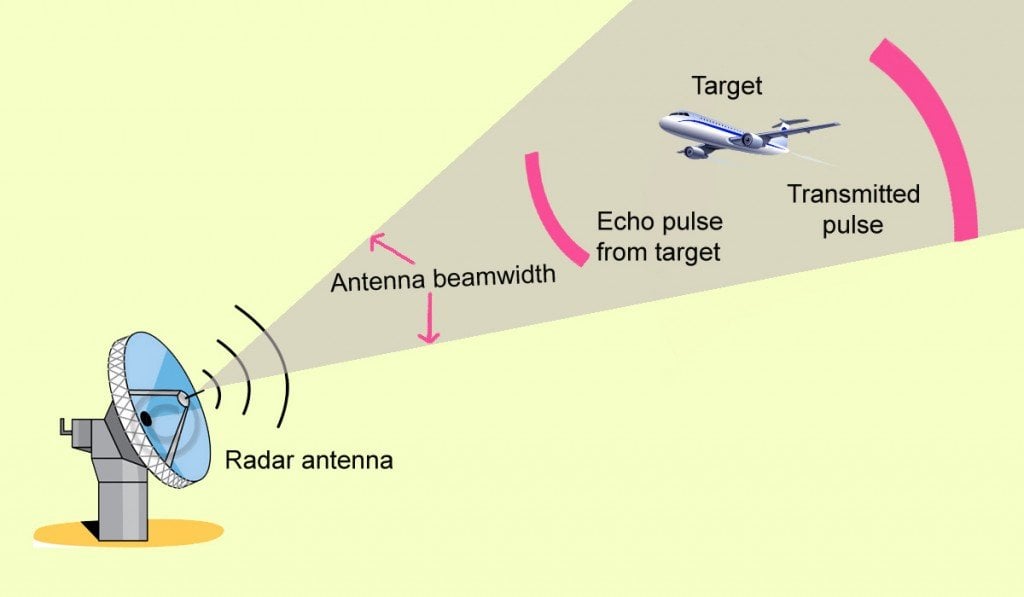
Many countries are waging a debate about autonomous weapons. It is evident that they pose serious security as well as ethical questions. China and others have proposed more strict criteria, such as a threshold for autonomy. Others consider more conservative definitions like a lethality threshold, or requirements regarding evolution.
Arguments in favour of a Ban
There are strong arguments in favor and against the banning of autonomous weapons systems. Artificial intelligence technology is rapidly developing, and scientists have expressed grave concerns about its potential application. While the United States resists calls for a ban, thirty other countries have spoken out against the use these weapons. Recently, the New Zealand arms control minister stated that using these weapons would be incompatible with New Zealand's national values. The UN Secretary-General has also called for a ban on such weapons.
While the private sector is an important part of the debate, it has expressed concern over the proliferation unregulated autonomous weapons. The Future of Life Institute has begun collecting signatures for an international treaty prohibiting these weapons.

Development challenges
As autonomous weapons become increasingly sophisticated and common, many issues will need to addressed. Software failure is a major problem. These weapons have more complex software that conventional human-guided guns. Software problems can lead to crucial errors or misinterpretation. This could have catastrophic consequences.
Human error is another challenge. A number of legal limitations that govern autonomous weapon design may force the use of conservative configuration operational limits. This could affect the weapon's functionality. Autonomous sub-systems might also become "undeclared customers" and consume the output of their prediction algorithm as input. This can lead to unintended feedback loops, similar to filter bubbles in social networks. Commanders might not be able to correct weapon behaviour in such an environment.
Security concerns
There are many security concerns associated with autonomous weapons. These weapons can be misused and turned into deadly weapons. They are unlikely to use autonomous weapons due to the current structure of Western militaries. Even if such weapons were ever developed, they could still be misused by the wrong people.
These weapons could be used against civilians, which is why many countries are concerned. Iraq, for example, has warned against the use of fully autonomous weapons, saying such weapons could trigger an arms race and have catastrophic effects. The country has also asserted that no decision can be delegated to a machine, and that the decision-making process must remain human-centered. Iraq demanded a preemptive ban against lethal autonomous weapons systems in November 2017 and has also voiced opposition to them in other forums. In August, the country participated in the UN Security Council meeting on autonomous weapons, but has not yet formally joined the resolution.

Ethics
Current ethical concerns regarding autonomous weapons are controversial. Some argue that their use is immoral, while others say it is both moral and rational. This is a complex issue, and it is important that you consider all ethical implications before moving forward with technological development. This paper focuses on the dualistic concept of moral responsibility. It emphasizes the fact that moral responsibility doesn't necessarily require loyalty to a legitimate authority. It also discusses the changing dynamics between autonomy and accountability in 21st Century warfare.
There are ethical concerns when developing autonomous weapons, particularly in conflict situations. For instance, autonomous weapons are likely to hasten the onset of hostilities, and this will shift the burden of war onto civilians. Tensions will also increase because AI systems are more likely to make errors. Mass killing is a context in which ethics can be challenged. AI systems should not be considered an exception. These weapons shouldn't be created without human oversight.